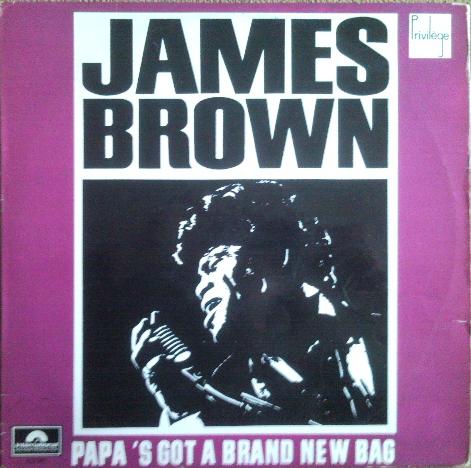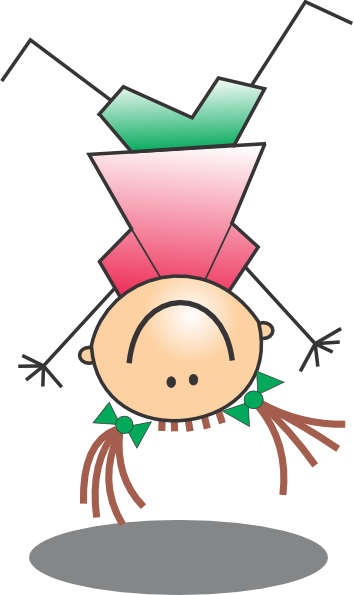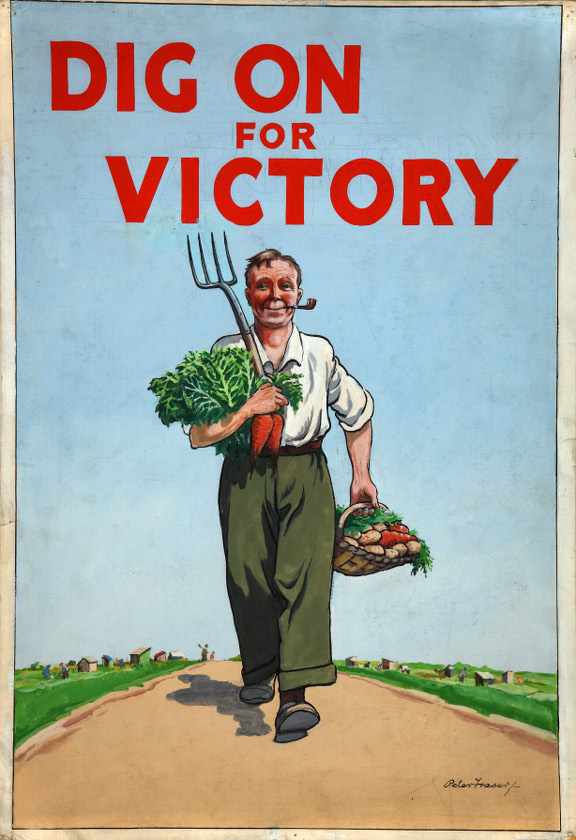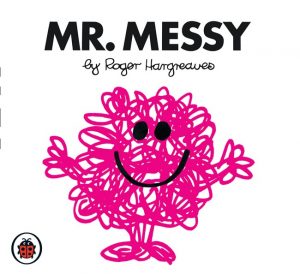My experience in Alaska Studies class was an overwhelmingly positive one because of the learning format. As soon-to-be student teachers, we got to learn from the perspective of the student, a technique which I found to be invaluable. As teachers, we were immersed in the experience of the learner, an experience which can either be engaging and empowering or dry and force-fed depending on the presentation. I liked that ALST 600 was a course which was in direct opposition to the style in which I learned as a 1990s and early 2000s public school student. We turned the traditional classroom model on its head by becoming our own teachers through the project-based learning model.
I think that project-based learning has provided me with a window into the perception, processing, and experience of the learner that I was not able to directly experience as a student in the primary and secondary grades. I did have the opportunity, however, to experience lots of self-guided learning with my viola professor in college, so this has greatly influenced my desire to make the learning process more adaptive and engaging for my own students. Experiencing project-based learning has allowed me to expand my own teaching toolbox and add more tools that challenge the student to empower him or herself and seek out knowledge on his or her own. I love how project-based learning puts the impetus for learning in the hands of the student, in contrast to the authoritarian teacher-driven methods of old. I personally believe that this is one of the ways that we as teachers can improve retention and increase engagement with our students. Research is no longer a drudging task, but an opportunity for exploration, discovery, and creativity for the student. This is groundbreaking when we consider the historical “sink or swim” memorization expectations for students in the not so distant past. Without project-based learning and other methods of innovative student engagement, students are less likely to create meaningful connections about the information they are exposed to in school. Students are less likely to learn the critical thinking skills needed to question the social structures and power dynamics of the status quo. Without those critical thinking skills, a student can easily become another cog in the wheel of the machine. Project-based learning is a way to teach students independence and self-empowerment. Project-based learning lets students know that the ability to learn is inside them, just like David Katzeek said when he visited our class.
Writing a textbook on Alaska as a class was an enlightening and eye-opening experience for me, and it revealed many opportunities for personal and group growth that would be valuable to students in any classroom. The project not only taught the subject, Alaska history, but it taught the skills needed for learning – the building blocks of the learning process. We researched Alaskan history, but we also actively used our skills of teamwork, collaboration, cooperation, critical thinking, analysis, and synthesis. Many of the skills that the iBook project fostered are in alignment with the skills and values I strive to teach my students in El Sistema-inspired music programs.
Through writing the iBook, I learned the value of giving students projects and assignments that challenge them to think critically and be global citizens. Our project was proof that students both strive to achieve greater heights academically and are able to internalize knowledge more successfully when challenged to think critically and demonstrate their knowledge in a creative format.
Some of the most amazing aspects of this project were the personal, interpersonal, and community-minded transformations that it fostered. Writing individual lesson plans for the iBook spurred many of us to develop deeper connections to the material we were studying and writing about. Working as collaborative teams on our regional chapters pushed us to come together and make sure that we were accurately and sensitively conveying the history of the region we were assigned. This required much humility, and it challenged us to hone our listening skills and our ability to compromise. As we compiled and edited our chapters, we used our critical thinking skills to determine which information we wanted to include in our chapter and how we wanted to present it. Communication skills were crucial for our groups to navigate this process and make sure that everyone’s voice was heard in the final product and to make sure that everyone’s contributions were woven together with a unified voice. We used our critical thinking skills to determine which sources would prove most useful for our project, discerning to discover which sources provided us with unbiased, up to date, and accurate information. One of the most transformative parts of the process was the final editing and reviewing phase. I felt that this part of the process allowed us to deeply analyze our work, confront our own personal biases, and hold our product under a critical lens to determine if we had presented Alaskan history in a balanced and culturally sensitive way. By the end of the process, I felt like we as a class had learned more about how to be culturally responsive teachers and citizens through a process of researching, making, doing, internalizing, and analyzing. After working on our iBook project, I feel that project-based learning is an incredible way to teach students life skills through a process of exploration and experiential learning.





